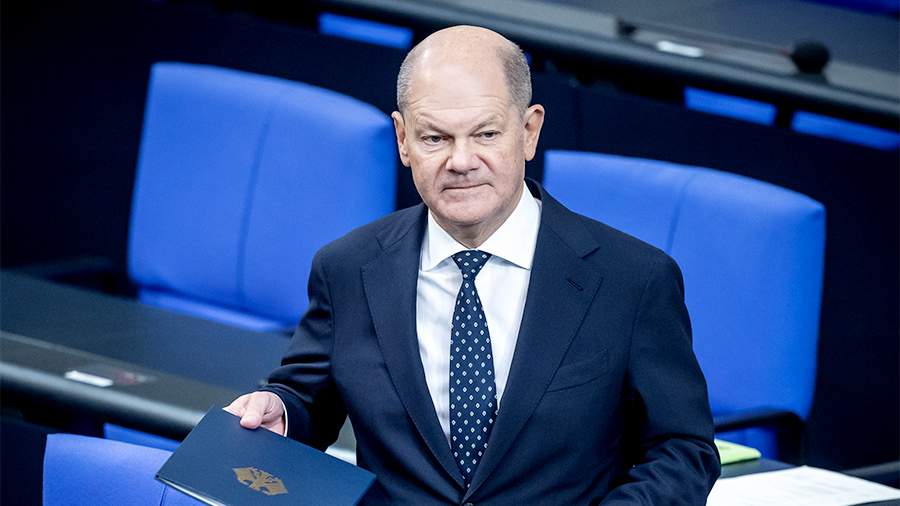The Bundestag has passed a vote of no confidence in Scholz

On December 16, the Bundestag deprived the government of German Chancellor Olaf Scholz of confidence, thus opening the way for early elections in February.
A total of 717 ballots were cast, with 207 deputies voting in favor of Scholz, 394 against, and 116 abstentions.
"A minimum of 367 votes is required to approve a question of confidence in the chancellor. This majority the request put by the Federal Chancellor has not reached. I will immediately inform the President [German President Frank-Walter Steinmeier] of the results of the vote. Thus, we have come to the end of today's agenda - as has the ruling coalition," Bundestag Speaker Berbel Bas said after the vote results were announced.
Scholz signed and sent a confidence request to the Bundestag for him as Germany's federal chancellor on Dec. 11.
On November 25, the leadership of the Social Democratic Party of Germany (SPD) unanimously nominated Scholz as a candidate in the country's upcoming early elections to the Bundestag. It is noted that German Defense Minister Boris Pistorius cleared the way for Scholz's nomination by withdrawing his candidacy.
November 12, German newspaper Handelsblatt, citing sources in the opposition bloc of the Christian Democratic and Christian Social Union (CDU/CSU) reported that early elections to the German parliament may be held on February 23, 2025.
On November 8, historian, political scientist, Germanist, candidate of historical sciences Eugenia Pimenova said that the most likely contender for the post of Chancellor of Germany to replace Scholz is the head of the Christian Democratic Union (CDU) Friedrich Merz.
The German government has been unable to agree on a solution to the economic crisis, leading to disagreements within the ruling coalition, the so-called "traffic light" coalition, which includes Scholz's SPD party, the Greens and the Free Democratic Party (FDP). This was followed by the resignation of Finance Minister Christian Lindner, the leader of the FDP. His dismissal led to the collapse of the ruling "traffic light" coalition, which as a result lost its majority in the German parliament.
German Chancellor Olaf Scholz announced on November 6 that early elections would be held in the country. At that time, he noted that the latest date when the elections could take place is the end of March 2025. Before that, on November 3, the newspaper Bild am Sonntag reported that 85% of German citizens expressed dissatisfaction with the work of the ruling coalition "Traffic Light". According to the survey, the CDU/CSU bloc leads in the popularity rating of political forces in Germany.
Переведено сервисом «Яндекс Переводчик»
